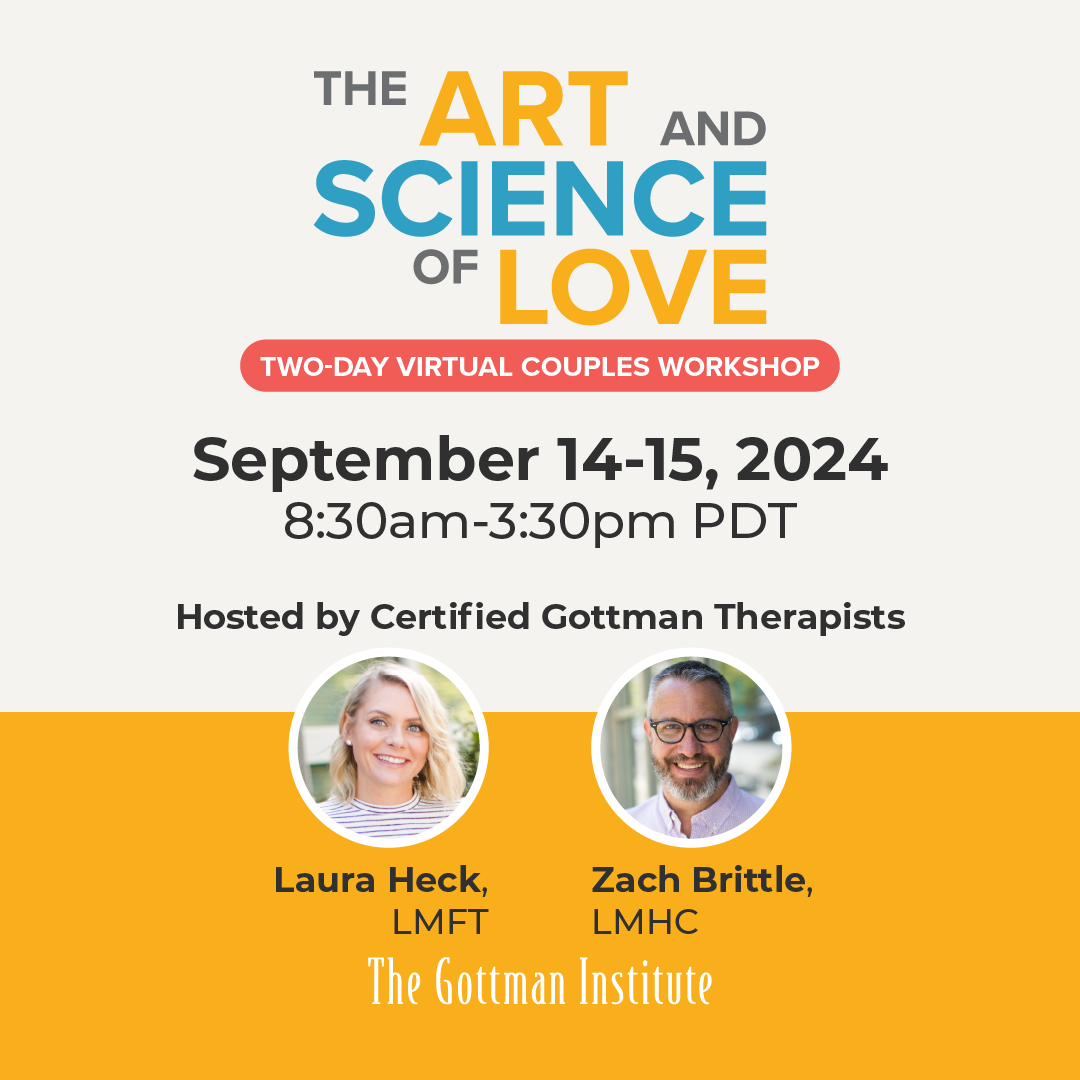The world is dealing with a lot of uncertainty right now. There’s so much fear, panic, anxiety, sadness, anger, and many other emotions taking up space in people’s hearts. The fast-paced life is paused, leaving room for all sorts of thoughts, memories, and reactions to surface. Some people aren’t ready to “sit and feel.” Some people aren’t comfortable with expressing their feelings. Some don’t even know what it is that they feel. People experience and express emotions differently. And that’s okay. Let’s not forget that.
Conflict, crisis, and change
Change is an essential component of life both in nature and in ourselves. But sometimes you are not ready for a sudden change. It’s difficult to accept it and adjust to it. It takes courage to learn to be flexible during those times. And while it can be challenging, it’s worth it if you learn to be malleable. You can learn to bend under pressure but not break.
Relationships are going through a testing period right now. So many couples are confined in their homes, some with children, some stressed with remote work, trying to navigate the balance between personal space and togetherness, and trying to make sure they are financially safe. Pre-existing conflict can be magnified now. And differences in personalities and past experiences play a huge role in how each partner chooses to cope. Some couples struggle because one partner’s worry and level of anxiety does not mirror their partner’s. Some couples argue due to disagreements on what the right steps to take are. Some need more space and some crave more togetherness.
For couples not to drift apart, both partners need to be conscious about the decisions and choices they make in their daily interactions.
How to Manage Conflict
Conflict is inevitable. Dr. John Gottman’s research indicates that in healthy and happy relationships, the approach toward conflict is gentle. When something bothers one partner, they soften the way they bring up that issue. They keep their level of physiological arousal low by taking breaks when they get very upset. Couples who are happy together repair their interaction when they make errors or say hurtful things and de-escalate if it does become negative; and they move gently toward compromise or a respectful, safe space to honor each other’s differences. Happy couples accept influence from one another, meaning they are open to their minds being changed by their partner’s view rather than “battling it back” and escalating the conflict. They consistently communicate acceptance of one another. And let me explain here that the concept of Acceptance does not mean agreeing with, approving, giving up, or liking the situation. It simply means seeing the reality as it is, believing that your partner’s beliefs, thoughts, as well as anything happening in the world can and has the right to exist (otherwise it wouldn’t, right?). Acceptance creates connection with ourselves, the world, and our partners. It means freeing oneself from suffering. It allows things to just be.
As I mentioned earlier, conflict is inevitable. Additionally, the focus on resolution of conflict is misguided. Dr. Gottman’s research revealed that 69% of conflict in relationships is perpetual. It has no resolution because it is based on lasting differences in personalities and needs. Couples can either dialogue about these issues or feel stuck.
Now, individuals may have different reactions partly due to the differences in how they experience fear, how they understand and need safety, how they cope with the unknown, and their past life experiences. A mismatch that can create problems with relationships centers on how people feel about feelings, which Gottman calls “meta-emotion.” In order to process this mismatch, couples need to understand their partner’s experience and relationship to specific feelings like anger, sadness, fear, safety, security, panic, etc. And, of course, they also need to understand their past trauma. Trauma can be big or small, anything hurtful that has left an emotional mark on one’s heart.
The key in the process of understanding your partner’s reactions is to make your partner feels safe sharing about their relationship with the unknown, telling you what they need in order to feel emotionally safe during this difficult time. According to Dr. Gottman, there is a dream, a wish, a request in every complaint. Can you find your partner’s? Can you share yours? Pain is inevitable in life. Everyone experiences it. What have you learned from difficult times that were filled with uncertainty? Can you share that with your partner? Bring kindness to yourself and your partner. Take a moment to acknowledge your partner’s and your struggles and be kind. Compassion is like a soft candle, shine it on the parts of you and your partner that experience difficult emotions right now.
Feel connected and loved by turning toward
How do you feel loved? When do you feel connected to your partner? What does he/she do to connect with you? In everyday small moments, we reach out to our partners for connection or what Dr. Gottman calls building the “emotional bank account.” We build up savings that, just like money in the bank, can serve as a cushion when times get difficult. The fundamental process is building awareness of how your partner asks for connection and expresses emotional needs, and then decide to turn toward these bids. Sometimes we may not notice that our partner is trying to connect and that’s okay. No one can be aware all of the time. However, if too many attempts for connection go unnoticed, your partner may stop trying. This can lead to a relationship that’s emotionally dead. No joy, no affection, no laughter, no humor— couples who are unresponsive and unavailable to one another.
Human relatedness, connecting with someone sincerely is what most of us crave. We were not made to be solitary. It is to no surprise then that the California Divorce Mediation Project reported that the most common reason given for divorcing was gradually growing apart and losing a sense of closeness, and not feeling loved and appreciated.
Gottman’s research of six-year follow-up of newlyweds found that couples who remained married had turned toward their partner’s bids an average of 86 percent of the time while those who divorced had averaged only 33 percent. So let’s find out how our partners feel connected to us and next time they make that attempt, let’s turn towards them with curiosity, openness, friendship, and love.
Remind yourself that being consistently helpful, warm, and supportive toward each other, just like two good friends would, will do far more for the strength and passion of your union than a week-long extravagant vacation.
Increase fondness and admiration
Working from home/ staying home now means that you are spending more time with your partner. It’s normal to feel irritated, upset, and angry sometimes when your partner doesn’t show up in a way you want him/her to. But by simply reminding yourself of your partner’s positive qualities, even if they have personality traits and behaviors that annoy you, you can prevent your partnership from deteriorating. The simple reason is that fondness and admiration are antidotes for contempt, which is one of the predictors of divorce (according to Dr. John Gottman’s research). If you maintain a sense of respect, liking, and fondness for your spouse, you are less likely to feel and act negatively with him/her when you disagree and have conflict. Train your mind to scan the environment for qualities and actions that you can appreciate about him/her instead of zooming in on their mistakes. And then let your partner know what you have observed and what you are grateful for. Summoning gratitude during difficult times is the best remedy!
While you are at home together, go back in your dating history and remember a time when your partner did or said something that was important and special for you and describe to him/her why it mattered. Notice that there are always thoughts, feelings, sensations, and memories happening inside of you. Take a step back from that and observe how they’re impacting you. Are you thinking of your partner in negative or positive terms? See, our minds are thought-generating machines and our thoughts can become beliefs if we keep them on replay. What happens when you get hooked on a negative thought about your partner? Acknowledge the thought and notice what you do next as a reaction. When we stop noticing, we can get stuck in painful patterns of reacting, criticizing, blaming, shutting down, etc. Let’s choose to notice the good in our partners and the world today.
One of my favorite quotes is by Dr. John Gottman. He says, “when you’re hurting, the world stops, and I listen.” Now it seems as if the world has stopped temporarily. But can you truly listen?










